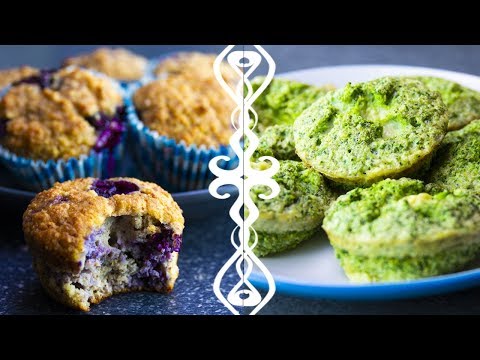
Click Here to Subscribe:
Website:
Get 20% off Perfect Keto Nut Butter Here:
Build Muscle on a Keto Diet: Nutrition Science – Thomas DeLauer
Protein Intake
In order to gain muscle, you need to have a positive nitrogen balance – nitrogen balance compares the amount of nitrogen coming into the body to the amount being lost
If you’re consuming more than you’re losing, you’re in positive nitrogen balance – gaining muscle
If you’re losing more than you’re consuming, you’re in negative nitrogen balance – losing muscle
Study
Journal of Applied Physiology
Observed no differences in whole body protein synthesis or indexes of lean body mass in strength athletes consuming either 0.64g/lb or 1.10g/lb over a 2 week period – Protein oxidation did increase in the high protein group, indicating a nutrient overload
bHB & Muscle Sparing
Even if your protein intake is low, the ketogenic diet can still elicit a muscle sparing effect
One study published in the Journal of Clinical Investigation found that beta-hydroxybutyrate (BHB) decreases leucine oxidation and promote protein synthesis in humans
Protein Synthesis & No Carbs
Study published in the Journal of Applied Physiology had two groups of participants that consisted of 6 weeks of calorie matched high carb or very low carb ketogenic segments
After 6 weeks subjects did a resistance training bout and researchers looked at muscle protein synthesis – found that both groups increased protein synthesis to the same extent
—–
Protein is able to stimulate protein synthesis without the aid of carbs – also leucine has been shown to stimulate protein synthesis
Training & the Phosphagen System
No carbs or fats are used in this system – the regeneration of ATP comes solely from stored creatine phosphate, which allows cells to replenish energy more quickly than any other energy system
This is why the phosphagen system is the predominant energy system used for all-out exercise lasting up to around 10 seconds
However, there is a limited amount of stored creatine phosphate and ATP in skeletal muscles, which is why fatigue occurs rapidly at higher intensities of activity
Keto vs Traditional Study
Study published in the Journal of the International Society of Sports Nutrition looked at the effects of a ketogenic diet on skeletal muscle
The effect of this diet directly compared the effects of a traditional high-carbohydrate diet to the ketogenic diet
26 resistance-trained men participated in the study and were split into two groups:
5% CHO, 75% Fat, 20% Protein (Ketogenic Diet)
55% CHO, 25% Fat, 20% Protein (Traditional Western Diet)
After 11 weeks, the results were as follows:
The ketogenic diet resulted in a 2.1 kg greater lean body mass increase.
Fat mass decreased on the ketogenic diet by 2.2 kg (0.7 kg greater than the Western diet group).
References
1)
2)
3)
4)
5)






